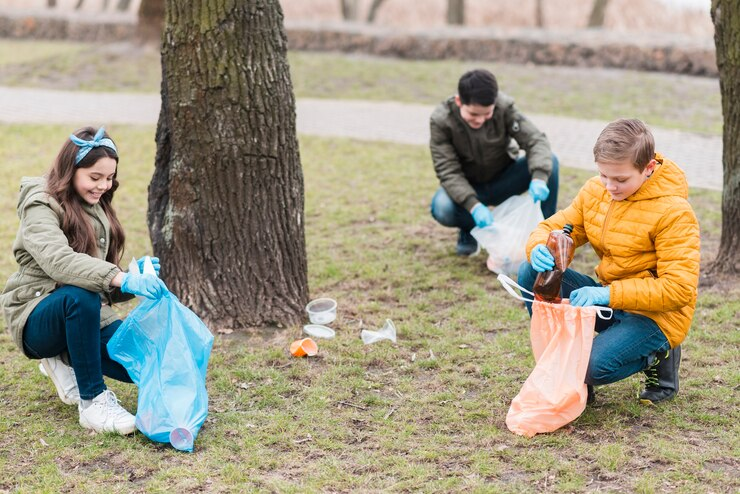Outdoor events from festivals to community events that allow people to have a good time may leave significant impacts on the environment if waste management is not properly taken care of. Ranging from plastic bottles to food packaging, the volume of trash can pollute the local ecosystems and simply ruin the whole festival.
Proper waste management has to be put into practice for proper management of air, water, and food resources, and to promote sustainability. Here in this guide, we have presented a few main strategies to ensure that outdoor activities produce no waste.
Pre-Event Planning
Waste management must be handled from the time of organizing an event till the end of the event. Waste audits should be conducted by managers before the event. Its waste generation potential should be estimated taking into consideration the expected number of attendees, the duration of the event, and the types of activities. This way the passage of waste disposal can be easily determined.
This helps in placing the recycling receptacles, composting stations, portable toilet rental, and trash cans in problematic points of the event site to make it convenient for the participants. In the meantime, working together with the garbage collectors and local personnel would contribute to making this process more easy and in line with the legislation.
Education and Communication
Providing attendees with an opportunity to be part of the waste reduction initiatives is something that must be considered a key to the success of such a project. Organizers may consider launching client education sessions before and during the event, which highlight significant approaches meant to protect the environment.
For instance, through signage, announcements, and activities, the project can be executed effectively. Proper signposting around waste disposal areas helps users identify them quickly, serves to guide them toward the correct disposal spaces, and also ensures that the attendees act responsibly when they are there.
Sustainable Vendor Practices
The vendors create a remarkable amount of trash at outdoor events when presenting their products. In such a case, event managers should better focus on selecting vendors who would care about environmental protection, and thus use biodegradable or compostable materials in their products instead of single-use plastics. Vendor contracts can include several clauses that concern the reduction of waste and help participate in recycling and composting programs.
Waste Sorting and Collection
Comprehensive and competent waste sorting and collection systems need to be established to convert recyclable and compostable materials into non-waste in the landfill. The organizers must develop labeled bins where different sorts of waste can be thrown. Moreover, ensure that these bins are managed regularly during the event.
The right sorting process can be ensured by training volunteers or staff members to help the attendees ensure that they dispose of their waste properly and have an understanding of what recycling and composting are. This can be done by aligning with waste management expertise to avoid re-tossing out collected materials in an unwarranted way.
Post-Event Cleanup and Evaluation
Once the event is over, preserving the site within a time scheduled for thorough post-event cleanup helps ensure that the venue is returned to its original condition. This work incorporates removing waste from sites, dismantling garbage dumps, Septic System Installation, and undertaking a detailed assessment of the city’s waste management strategies
.

